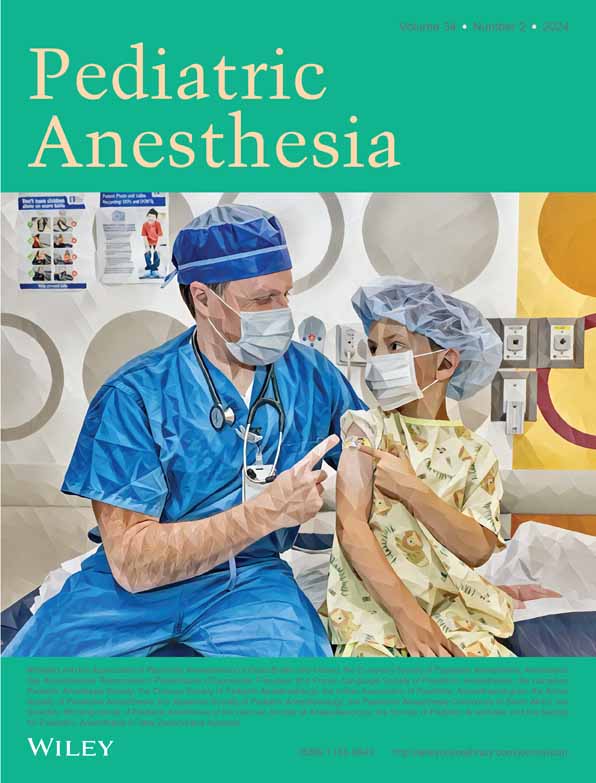The effects of dexmedetomidine on intraoperative neurophysiologic monitoring modalities during corrective scoliosis surgery in pediatric patients: A systematic review
Section Editor: Susan M Goobie
Abstract
Background
During scoliosis surgery, motor evoked potentials (MEP), and somatosensory evoked potentials (SSEP) have been reported to be affected by the use of higher doses of anesthetic agents. Dexmedetomidine, a sympatholytic agent, an alpha-2 receptor agonist, has been used as an adjunctive agent to lower anesthetic dose. However, there is conflicting evidence regarding the effects of dexmedetomidine on the intraoperative neurophysiological monitoring of MEP and SSEP during surgery, particularly among pediatric patients.
Objectives
This systematic review aimed to determine whether, during spinal fusion surgery in pediatric patients with scoliosis, dexmedetomidine alters MEP amplitude or SSEP latency and amplitude and, if so, whether different doses of dexmedetomidine display different effects (PROSPERO registration number CRD42022300562).
Methods
We searched PubMed, Scopus, and Cochrane Library on January 1, 2022 and included randomized controlled trials, observational cohort and case–control studies and case series investigating dexmedetomidine in the population of interest and comparing against a standardized anesthesia regimen without dexmedetomidine or comparing multiple doses of dexmedetomidine. Animal and in vitro studies and conference abstracts were excluded.
Results
We found substantial heterogeneity in the risk of bias (per Cochrane-preferred tools) of the included articles (n = 5); results are summarized without meta-analysis. Articles with the lowest risk of bias indicated that dexmedetomidine was associated with MEP loss and that higher doses of dexmedetomidine increased risk. In contrast, articles reporting no association between dexmedetomidine and MEP loss suffered from higher risk of bias, including suspected or confirmed problems with confounding, outcome measurement, participant selection, results reporting, and lack of statistical transparency and power.
Conclusion
Given the limitations of the studies available in the literature, it would be advisable to conduct rigorous randomized controlled trials with larger sample sizes to assess the effects of dexmedetomidine use of in scoliosis surgery in pediatric patients.
CONFLICT OF INTEREST STATEMENT
The authors declare that they have no conflicts of interest.
Open Research
DATA AVAILABILITY STATEMENT
The data that support the findings of this study are openly available in Open Science Framework at https://osf.io/bnw8e/?view_only=117c9d5fa9a54d57a6e85c12ebc253df.




